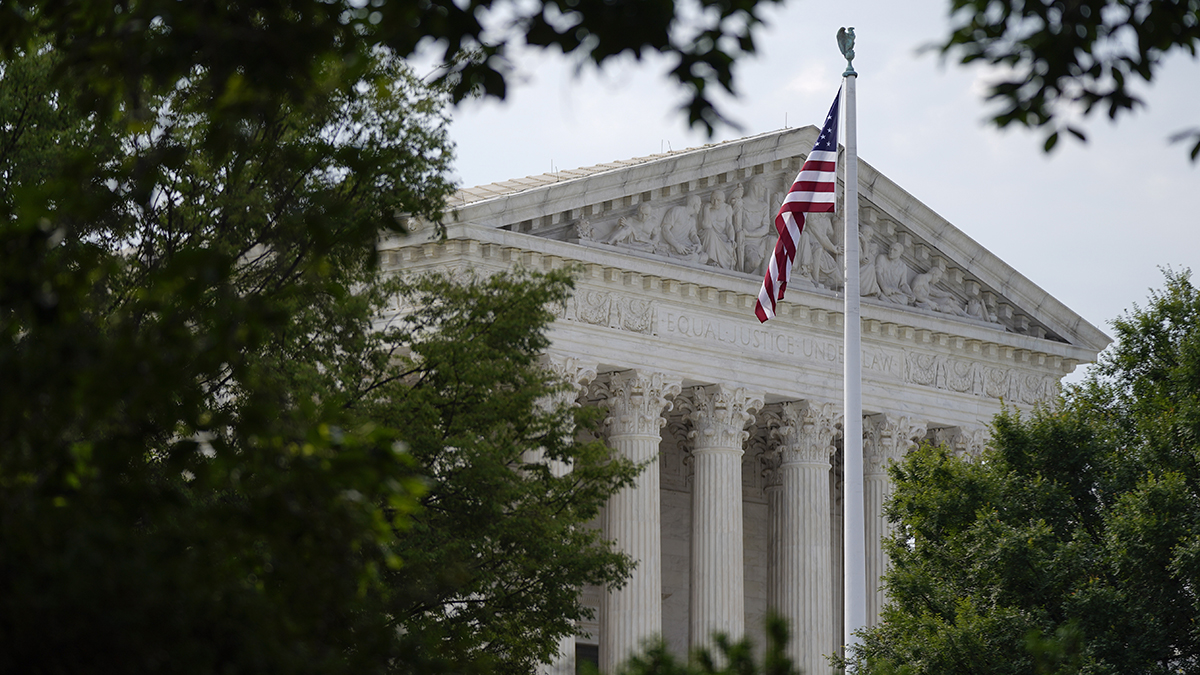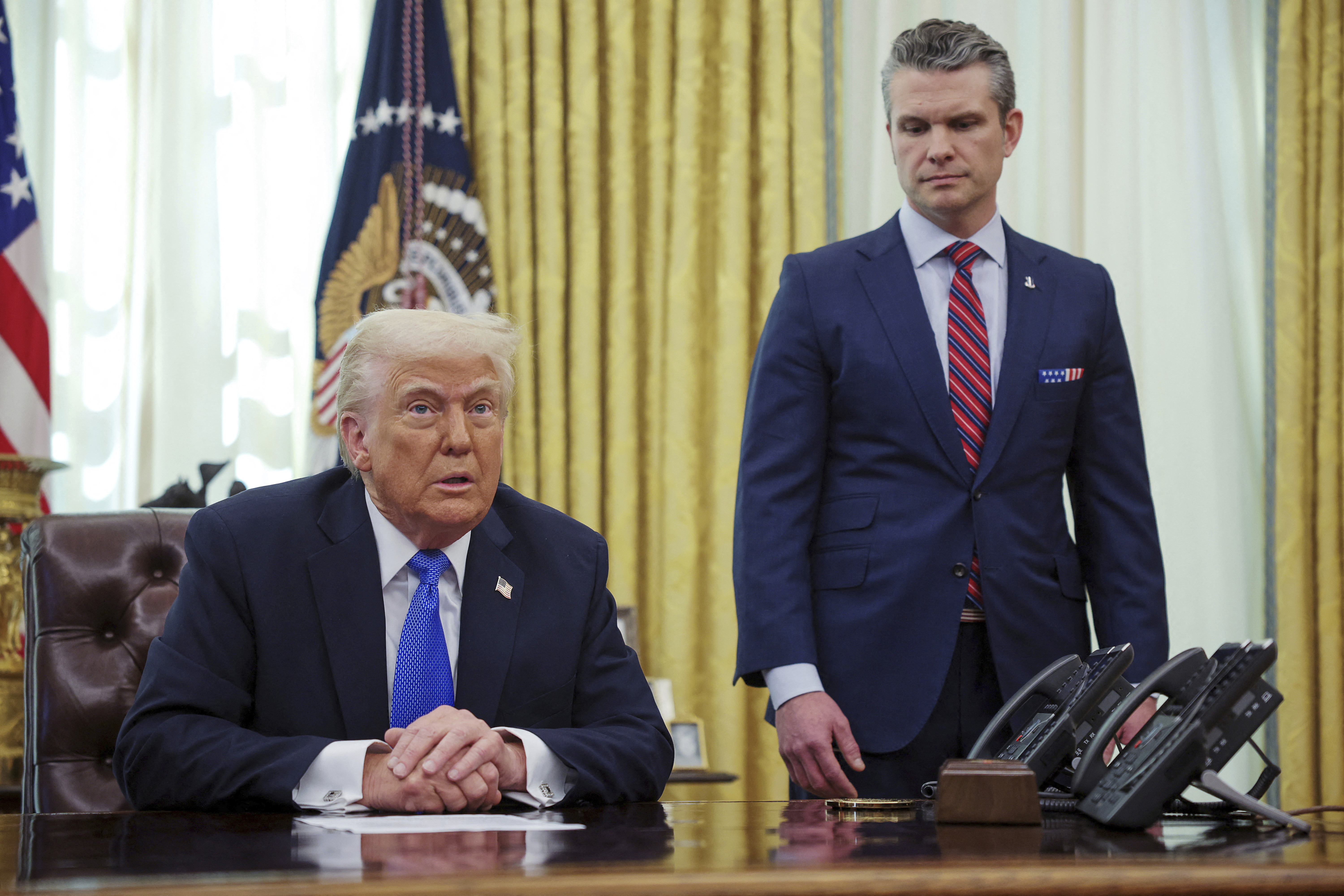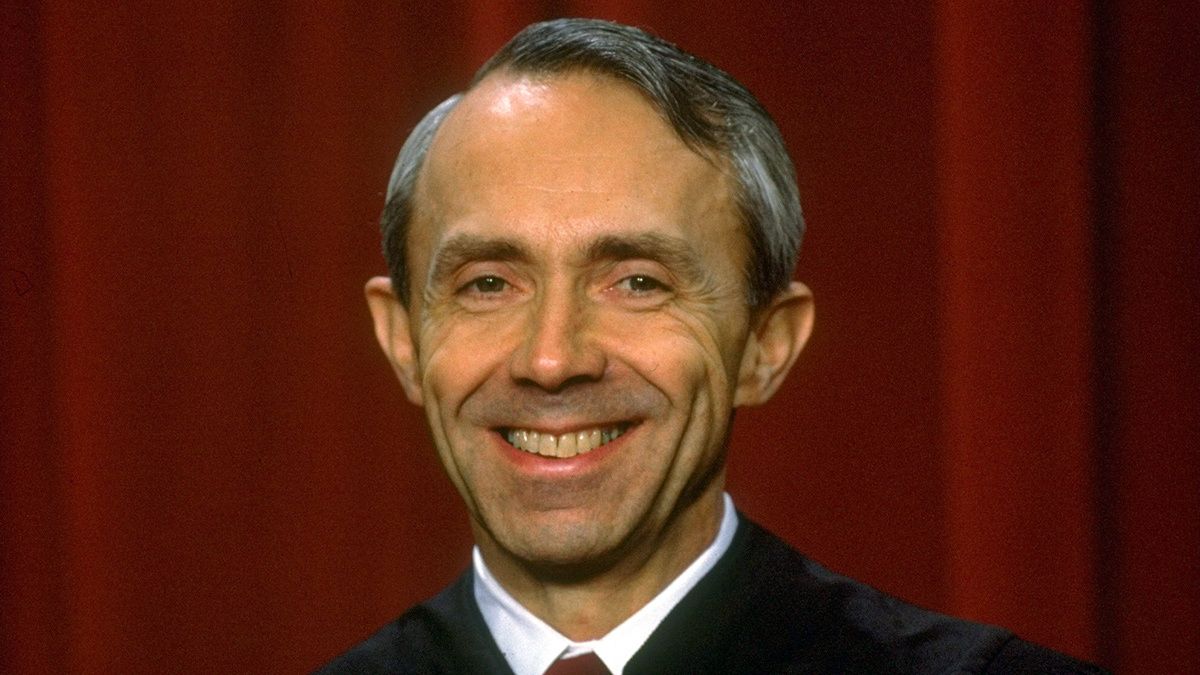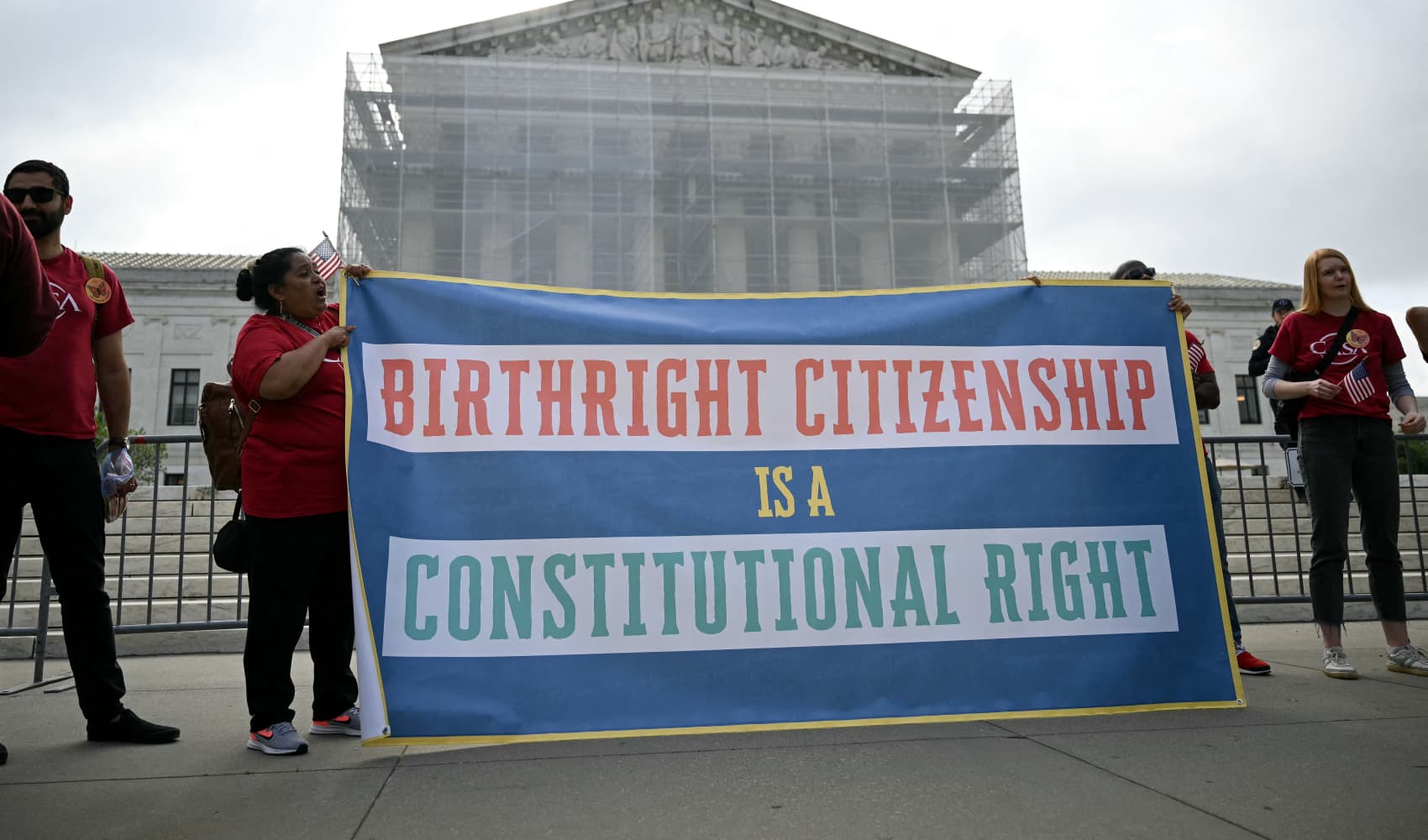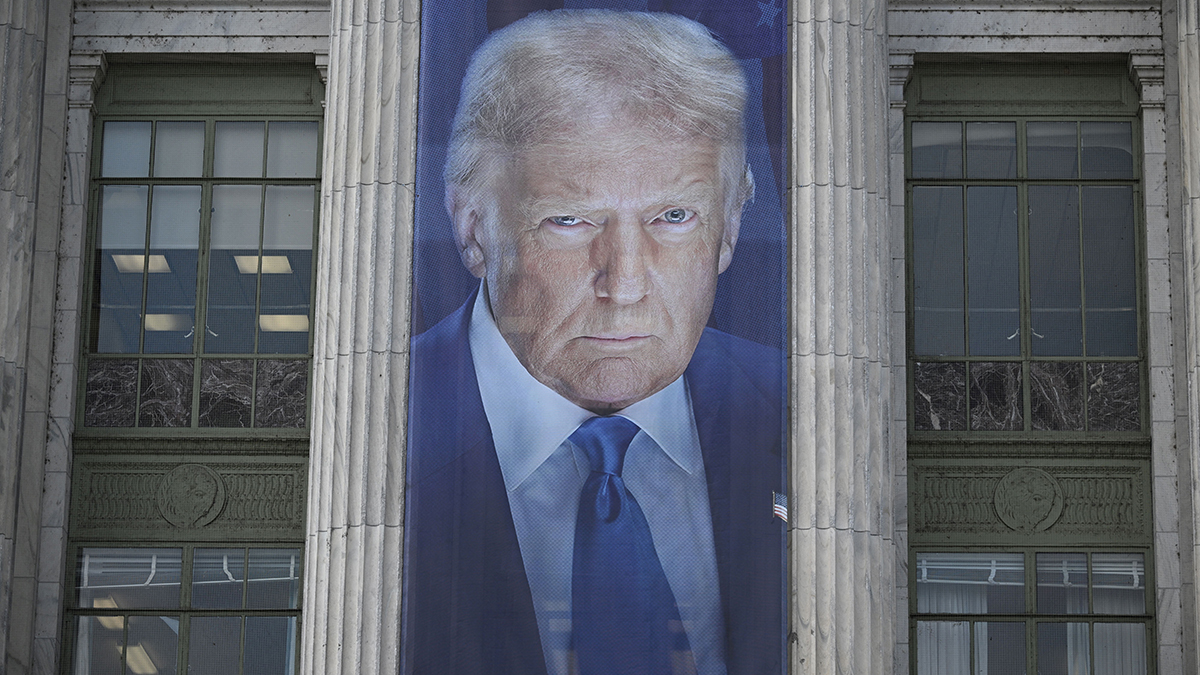Trump's Transgender Ban: How the Supreme Court Decision Impacts You
Supreme Court Greenlights Trump's Transgender Military Ban: What's Next?
A Shockwave Through the Ranks: Introduction
The news broke like a thunderclap. In a move that has sent ripples of concern and uncertainty throughout the nation, the Supreme Court has given the green light for the Trump administration to implement its ban on transgender individuals serving in the military. Yes, you read that right. While the legal battles continue to rage, the ban is now, at least for the time being, a reality. This isn't just about policy; it's about people, their dreams, and their dedication to serving our country. So, what does this mean for transgender service members? For the military? And for the future of inclusivity in America?
The Supreme Court Decision: A Quick Recap
Let's break down what exactly happened. The Supreme Court didn't rule on the constitutionality of the ban itself. Instead, they lifted lower court injunctions that were preventing the ban from going into effect while the legal challenges play out. Think of it like this: the ban is a house that's still being built, and the Supreme Court just said, "Okay, you can start living in it, even though the construction isn't finished."
What the Ban Actually Entails
So, what does this ban actually *do*? It's not as simple as saying, "No transgender people in the military." The policy, as it stands, generally prohibits individuals who have been diagnosed with gender dysphoria from serving. However, there are exceptions. Individuals who do not require hormone therapy or surgery are able to serve. Those who have already transitioned and are serving openly may also be allowed to continue. It’s a complex web of regulations that leaves many questions unanswered.
The Rationale Behind the Ban: National Security?
The Trump administration argued that the ban is necessary for national security. Their reasoning? They claim that allowing transgender individuals to serve would create too many medical and administrative burdens, potentially hindering military readiness. But is this a valid concern? Or is it a thinly veiled excuse for discrimination? Critics argue that there's no evidence to support these claims and that the ban is based on prejudice, not facts.
The Human Cost: Impact on Transgender Service Members
Imagine dedicating your life to serving your country, only to be told that your identity makes you unfit. This is the harsh reality facing transgender service members right now. The ban creates immense stress and uncertainty, potentially forcing individuals to hide their true selves or face discharge. It's a devastating blow to morale and a betrayal of the promise of equal opportunity.
The Legal Challenges: What's Next in the Courts?
The fight isn't over. Multiple lawsuits are still challenging the ban's legality. These lawsuits argue that the ban violates the equal protection clause of the Constitution. The legal teams will continue to present their cases, hoping to convince the courts that the ban is discriminatory and unconstitutional. This could take years to resolve, with appeals potentially reaching the Supreme Court again.
Public Opinion: A Shifting Landscape
Public opinion on transgender rights has been evolving rapidly. Polling suggests that a majority of Americans support allowing transgender individuals to serve openly in the military. This growing acceptance puts pressure on lawmakers and the courts to reconsider discriminatory policies. Will public sentiment sway the outcome of the legal battles?
The Canadian Connection: Trudeau's Stance
The brief mentioned that President Trump met with Canadian Prime Minister Mark Carney. How does this affect Canada? While not directly related, Canada has a long-standing commitment to LGBTQ+ rights, including allowing transgender individuals to serve openly in the military. It highlights a stark contrast in policies between the two nations and the ongoing debate about inclusion and equality.
Trump's Tariffs and the Canadian Election: An Unexpected Twist
The item about Trump's tariffs impacting the Canadian election is certainly intriguing. It shows how interconnected global politics can be. Even seemingly unrelated policies can have a ripple effect on other countries' political landscapes. It makes you wonder what other hidden connections are influencing events around the world.
The Smithsonian Review: An Ideological Purge?
The news about the White House reviewing Smithsonian properties after an executive order calling for the removal of “improper ideology” raises serious concerns about censorship and academic freedom. Is this a genuine effort to ensure neutrality, or is it a politically motivated attempt to rewrite history and suppress dissenting voices? It's a question that deserves careful scrutiny.
The Broader Implications: A Setback for LGBTQ+ Rights?
The transgender military ban isn't just about the military; it has broader implications for LGBTQ+ rights across the board. Some fear that this decision could embolden those who seek to roll back other protections and further marginalize transgender individuals. It's a reminder that the fight for equality is far from over.
The Role of Advocacy Groups: Fighting for Change
Organizations like the ACLU, Lambda Legal, and the National Center for Transgender Equality are working tirelessly to challenge the ban and advocate for transgender rights. They provide legal representation, raise awareness, and lobby lawmakers to create a more inclusive society. Their efforts are crucial in ensuring that transgender voices are heard.
What Can You Do? Supporting Transgender Service Members
Feeling helpless? You're not alone. There are many ways to support transgender service members. You can donate to organizations that are fighting the ban, contact your elected officials and urge them to support LGBTQ+ rights, and speak out against discrimination in your own community. Every voice matters, and together, we can create a more just and equitable world.
The Future of Military Diversity: A Call for Inclusivity
The military is stronger when it reflects the diversity of the nation it serves. Banning transgender individuals sends a message that some people are inherently less valuable than others. True national security lies in embracing inclusivity and valuing the contributions of all who are willing to serve.
Reflecting on the Decision: A Moment for Critical Thought
Take a moment to really think about this decision. What does it say about our values as a nation? Are we truly committed to equality and opportunity for all, or are we willing to sacrifice those principles for political expediency? This is a time for soul-searching and a renewed commitment to building a society where everyone can thrive.
Conclusion: A Long Road Ahead
The Supreme Court's decision to allow the transgender military ban to take effect is a significant setback, but it's not the end of the story. The legal challenges continue, public opinion is shifting, and advocacy groups are fighting tirelessly for change. The road ahead will be long and challenging, but with perseverance and a commitment to equality, we can create a military and a society that truly values the contributions of all its members.
Frequently Asked Questions
- Can transgender people still join the military?
It's complicated. The ban generally prohibits individuals diagnosed with gender dysphoria who require hormone therapy or surgery from joining. However, there are exceptions for those who do not require these treatments and those who have already transitioned and are serving openly. - What happens to transgender service members who are already serving?
The policy is unclear on this. Some may be allowed to continue serving, but others could face discharge, depending on their individual circumstances. It creates a great deal of uncertainty for those currently serving. - What are the legal arguments against the ban?
The main legal argument is that the ban violates the equal protection clause of the Constitution, which prohibits discrimination based on sex. Opponents argue that the ban is based on prejudice, not legitimate military concerns. - How does this ban compare to policies in other countries?
Many countries, including Canada, the United Kingdom, and Australia, allow transgender individuals to serve openly in their militaries. The U.S. ban puts it at odds with these progressive policies. - How can I support transgender service members?
You can donate to organizations that are fighting the ban, contact your elected officials to advocate for LGBTQ+ rights, and speak out against discrimination in your community. Every action, no matter how small, can make a difference.
